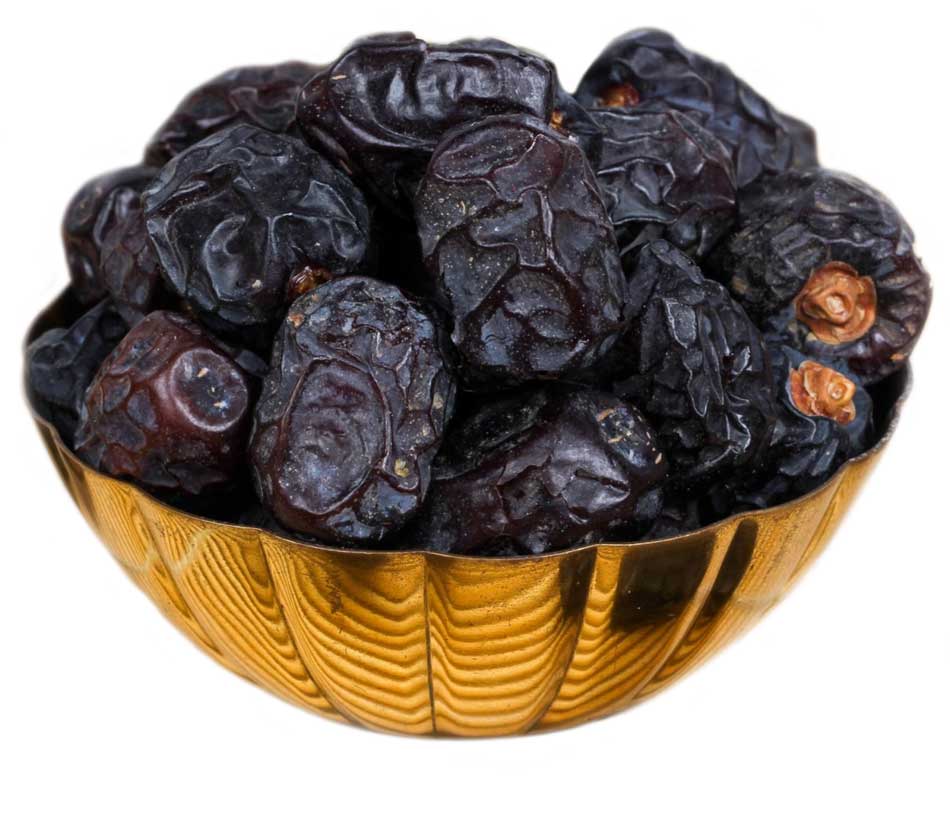
Kurma Nabi: Date Farming and its Unique Challenges
The date palm holds a special place in various cultures, especially in regions where it grows abundantly. Known as the “fruit of paradise” and revered for its delicious taste and numerous health benefits, dates have a rich historical significance. In Islamic tradition, dates hold even greater importance as they are believed to be the favorite fruit of the Prophet Muhammad (peace be upon him), leading to the term “Kurma Nabi.”
The Significance of Kurma Nabi
The Spiritual Connection
In Islam, dates are not only valued for their nutritional benefits but also for their spiritual significance. The tradition of breaking fast with dates during Ramadan is deeply rooted in the Sunnah of the Prophet Muhammad, who used to break his fast with dates and water.
Cultural Importance of Dates
Symbol of Generosity and Hospitality
In many cultures, offering dates to guests is a symbol of hospitality and generosity. This tradition dates back centuries and is deeply ingrained in the social fabric of communities where dates are abundant. Serving dates to visitors is not just a gesture of kindness but also a way to honor guests and make them feel welcome.
Traditional Festivals and Celebrations
Dates play a significant role in traditional festivals and celebrations across various cultures. In some regions, dates are an essential part of religious rituals and ceremonies, symbolizing purity, blessings, and prosperity. During festive occasions, such as weddings, birthdays, and religious holidays, dates are often served as a staple food item or incorporated into special dishes and desserts.
Historical and Literary References
Throughout history, dates have been celebrated in literature, poetry, and art, reflecting their cultural significance. References to dates can be found in ancient texts, religious scriptures, and folklore, highlighting their enduring presence in human civilization. Poets and writers often use dates as metaphors for love, beauty, and the passage of time, further enriching their cultural symbolism.
Traditional Medicine and Folklore
In addition to their culinary uses, dates have long been valued for their medicinal properties in traditional medicine systems. Ancient healers and herbalists prescribed dates for various ailments, believing in their ability to boost energy, aid digestion, and strengthen the immune system. Even today, dates are sometimes used in home remedies and natural treatments, reflecting their role in traditional healing practices.
Art and Craftsmanship
Dates have inspired artists and craftsmen to create intricate designs and patterns in various forms of art and craftsmanship. From decorative motifs in architecture and textiles to intricate carvings in wood and metalwork, the aesthetic appeal of dates is celebrated in diverse artistic expressions. This artistic reverence for dates reflects their cultural significance as more than just a culinary ingredient but also a source of inspiration and creativity.
The Art of Date Farming
Cultivation Process
Date palms thrive in hot and arid climates, making regions like the Middle East, North Africa, and parts of Asia ideal for cultivation. The process of date farming involves meticulous care, from planting and pollination to harvesting. Date palms require well-drained soil, ample sunlight, and regular irrigation to ensure optimal growth.
Modern Techniques
While traditional methods of date farming persist in many regions, modern agricultural practices have also been adopted to enhance yield and quality. This includes the use of advanced irrigation systems, fertilizers, and pest control measures to mitigate challenges posed by climate change and environmental factors.
Challenges Faced by Date Farmers
Climate Vulnerability
Date palms are highly susceptible to extreme weather conditions, including drought, excessive heat, and strong winds. Climate change has exacerbated these challenges, leading to unpredictable growing seasons and reduced yields in some areas.
Pollination Concerns
One of the unique challenges faced by date farmers is the labor-intensive process of pollination. Unlike many fruit trees that rely on bees for pollination, date palms require manual intervention, often performed by skilled workers using ladders. As the demand for dates continues to rise, ensuring an adequate workforce for pollination remains a pressing issue.
Market Dynamics
The global date market is influenced by various factors, including supply and demand dynamics, geopolitical tensions, and changing consumer preferences. Date farmers must navigate these complexities to remain competitive and sustainable in the industry.
Conclusion: Sustaining Tradition in a Modern World
Date farming represents more than just agricultural practice; it embodies a rich cultural heritage and tradition that has endured for centuries. Despite the numerous challenges faced by date farmers, their dedication to preserving this ancient craft ensures that Kurma Nabi continues to be celebrated and enjoyed worldwide.
Key Highlights
- The spiritual and cultural significance of dates, especially in Islamic tradition, is profound.
- Date farming requires careful cultivation and modern techniques to thrive in diverse climates.
- Climate change, pollination concerns, and market dynamics present unique challenges to date farmers.
- Despite these challenges, date farming remains an integral part of many communities, sustaining tradition in a modern world.